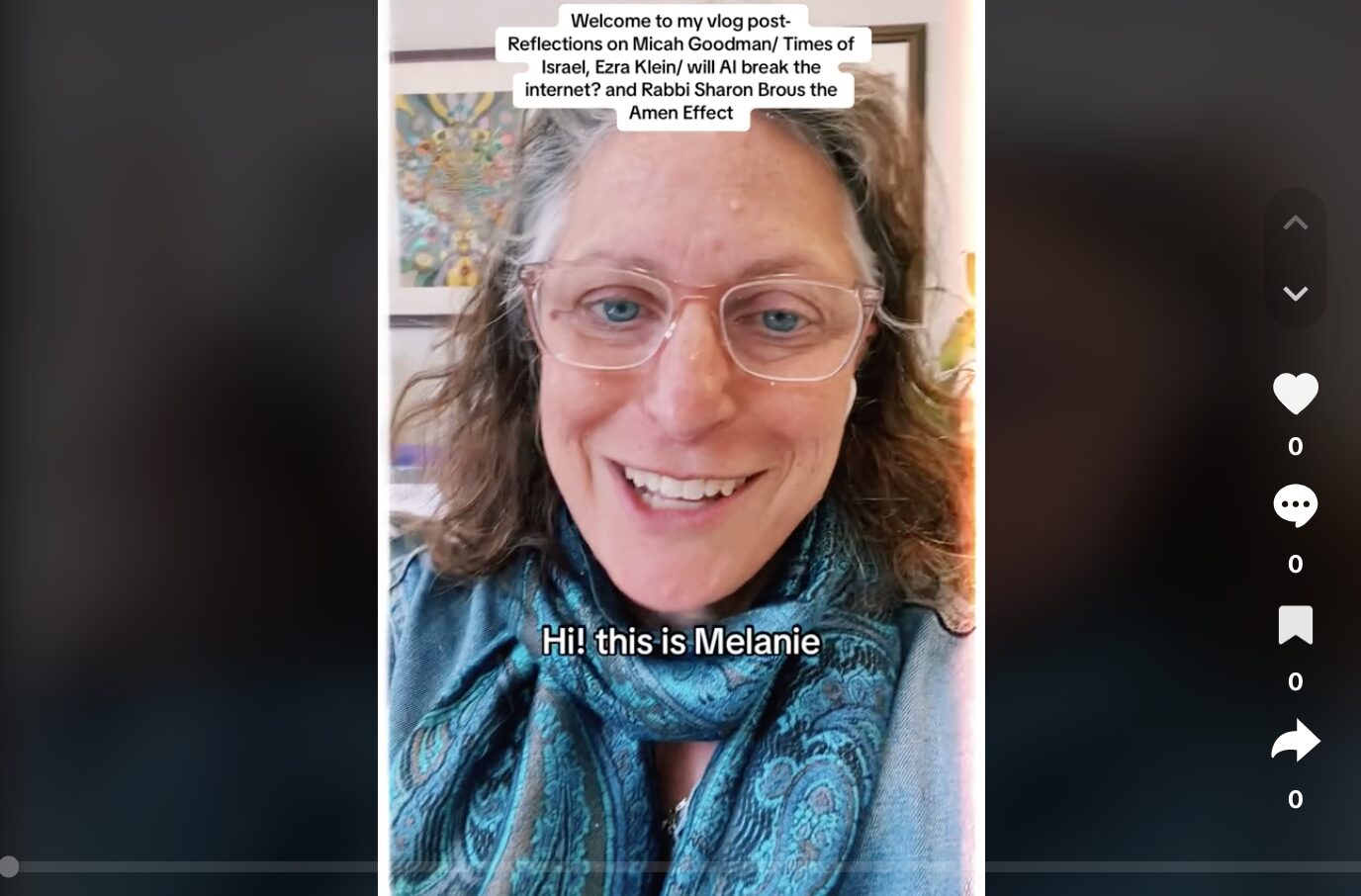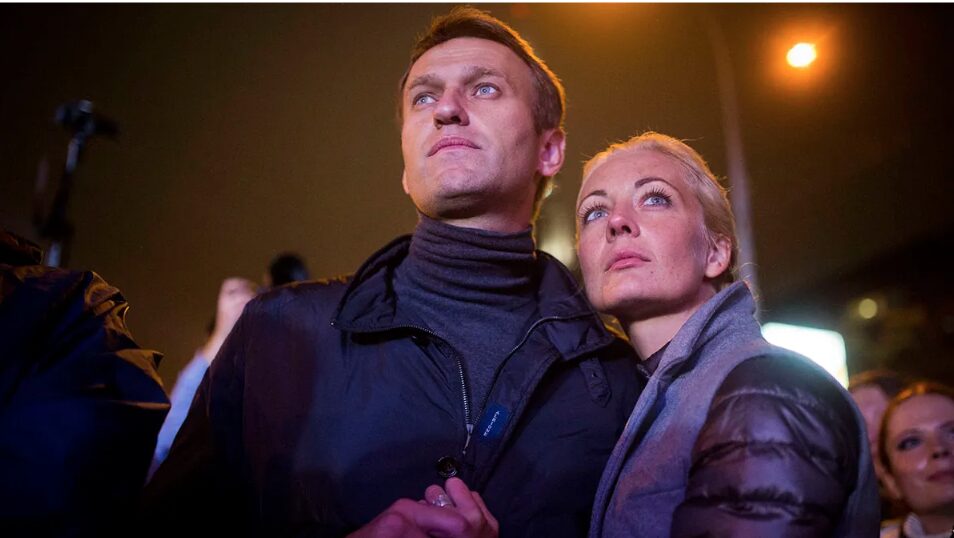 I am taking a summeratical. Next week (July 2) will be the last blog until August 20th (the planned resume day). I am taking some time off to finish a book that has been in process for over a year.
I am taking a summeratical. Next week (July 2) will be the last blog until August 20th (the planned resume day). I am taking some time off to finish a book that has been in process for over a year.
Summer Kabbalah classes start Monday July 7th with a full line-up of core and specialty classes. Also, please mark your calendars for fall semester to begin September 22, 2014 preceded by our first ever Kabbalah Free Fall Festival—a week of topical classes for the New Year taught by our faculty and free to all who want to come and learn as a community. The festival runs Monday September 15-Wednesday September 17. We will also be offering Rosh Hashanah and Yom Kippur services on Thursday September 25th and Friday and Saturday October 3-4.
Now for a blog about a word I had never heard of before this past week: Heteropatriarchy. It is defined as “The dominance of heterosexual males in society.”
One of our themes in advanced Kabbalah study is that of collective narratives. The stories that we tell become the stories we live in and out of as individuals and cultures. Gerda Lerner starts her classic book, The Creation of Patriarchy, by expressing the challenge of human his-story; history-making has been told from a male perspective, marginalizing women and thereby establishing patriarchy as the actuality and ideology of mankind.
It is hard not to notice two themes that maintain prominence for the last few years, and continue as very active today. The confluences of these themes came into strong relief this week in the threatened excommunication of Mormon Stories’ blogger John Dehlin. He has openly supported Kate Kelly, a Mormon co-religionists, who this past week was excommunicated for her activist role in challenging LDS church doctrine regarding the ordination of women. Dehlin though has gone a bit further and that is why he is being charged with apostasy—a step toward formal excommunication. He writes on the homepage of his Mormon Stories that while many LDS church leaders have good intentions, their historical and current treatment of women as well as racial and sexual minorities is to be protested against. “I believe,” continues Dehlin, “That LGBT men and women should be able to marry whomever they feel the desire to marry, and that sexual relations within these marriages are as legitimate, essential, and sacred as sexual relations between heterosexual couples.”
The heteropatriarchy story rejects a redefinition of women’s roles (inside or outside church, mosque or synagogue) and rejects gay marriage. Perhaps as one blogger wrote: Gay men and heterosexual women share some common interests in critiquing heteropatriarchy and another blogger wrote this very telling statement: “When radical Islamists see American women abusing Muslim men, as they did in the Abu Ghraib prison, and when they see news coverage of same-sex couples marrying in U.S. towns, we make our kind of freedom abhorrent—the kind they see as a blot on Allah’s creation. We must preserve traditional marriage in order to protect the United States from those who would use our depravity to destroy us.” (to be clear, I am quoting this blogger to highlight the connection in his mind between women and gays).
There is an axis of prejudice that rests on three legs—they are: violence against or marginalization of women, violence and prejudice against LGBT persons and religious fundamentalism. If humanity is to grow ethically and spiritually we must change. There is a vision of the future expressed in Jewish tradition and highlighted in the Kabbalah that the feminine and masculine will come to a rectified balance—and this will manifest on our plane as an end to the marginalization of women (and of course an end to violence against women). What the story of heteropatriarchy informs us is the link between women and gay rights and that is why these themes are prominent at the same time in this century. Perhaps the measure of a society will not only be measured by how it treats its elderly, it will be measured by how it insures that history is no longer a story of the domination of heteropatriarchy.










0 Comments